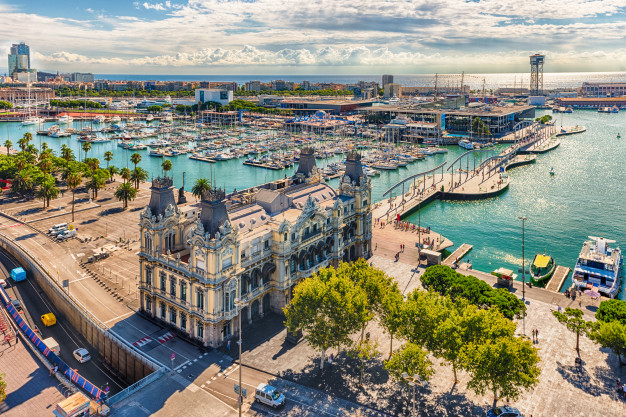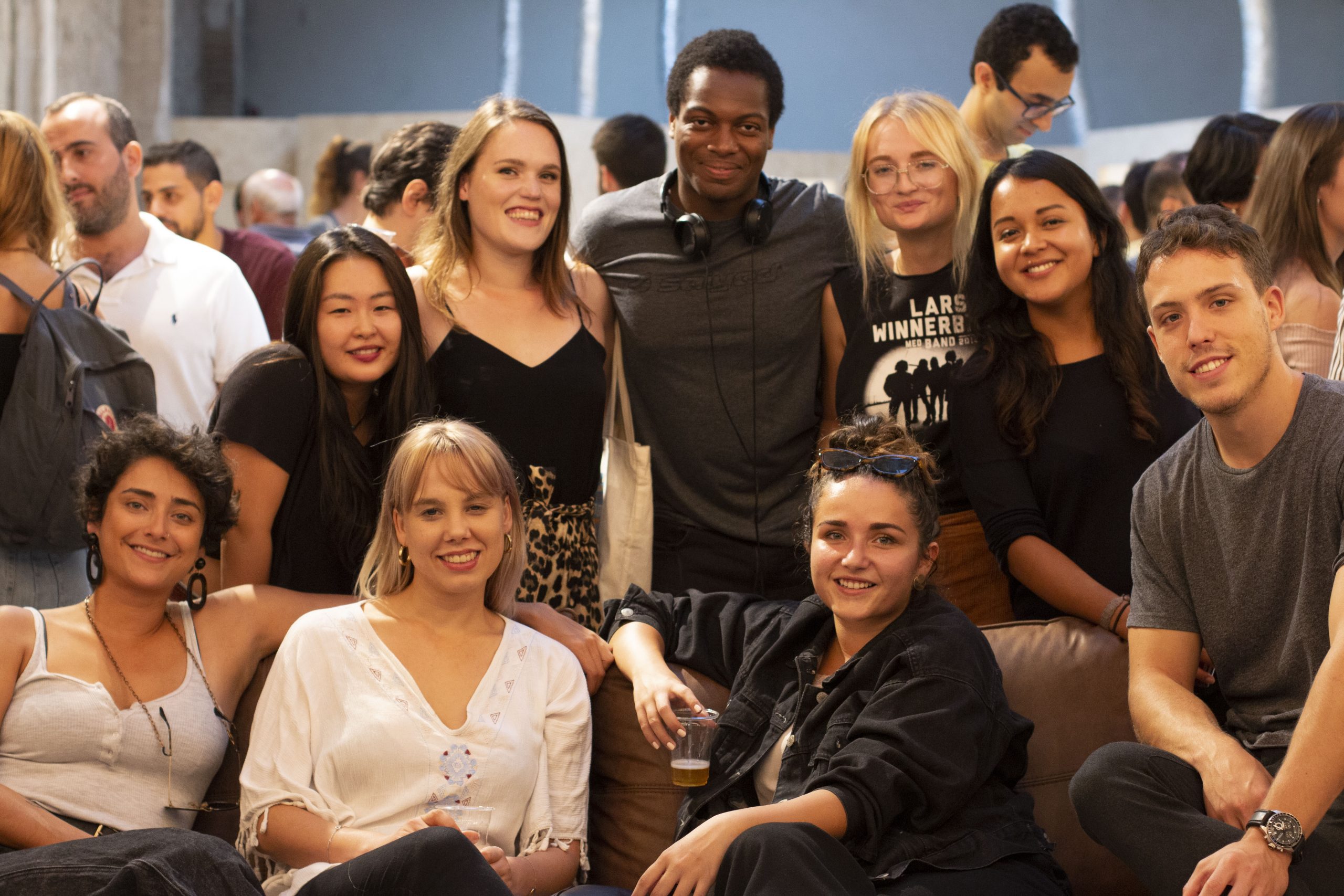Why and How We Invest in Startups
Itnig is a startup ecosystem, we’ve created our own companies: Factorial, Camaloon, Quipu, and Parkimeter. We are currently focused on investing in early-stage projects, through our investment vehicle. We also have a coworking space for startups and freelancers, in which we also organize events. And we have a weekly podcast about entrepreneurship, technology, and business.

